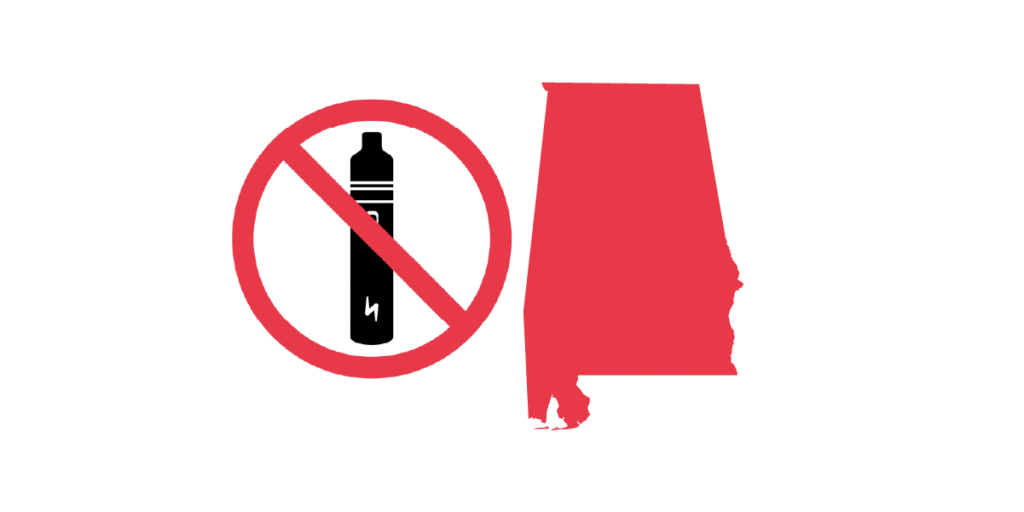Alabama’s Vaping Ban Proposal Sparks Debate
In Alabama, Senator Gerald Allen from Tuscaloosa has introduced a new bill aimed at prohibiting vaping in indoor public spaces across the state. This move has ignited discussions about personal freedom versus public health regulations.
The proposal, named SB9, seeks to expand existing laws to ban vaping in all indoor public areas.
Last year, a similar initiative was introduced in the Alabama Senate, which aimed to amend the Clean Indoor Air Act to encompass vaping in public venues. However, it ultimately did not make it through both legislative chambers and did not become law.
Recently, Allen’s bill gained unanimous approval from the Senate after being renamed in honor of Senator Vivienne Davis Person, reflecting an ongoing commitment to regulating smoking in public environments.
If SB9 is enacted, it would broaden the current Clean Indoor Air law in Alabama to cover electronic nicotine delivery systems.
This law intends to bar vaping in various public settings, including restaurants, shopping malls, airports, government buildings, sports events, and workplaces, mirroring restrictions already in place for traditional tobacco smoking.
Allen emphasized the importance of this bill, stating, “It must be our priority to ensure that citizens are aware they cannot vape in public places,” as noted in remarks made to WSFA 12 News.
While Alabama’s legislation already imposes restrictions on vaping among minors and controls the sales of e-cigarette products, this new bill would further regulate where adults can use vaping devices.
Public health experts express concerns over the potential health risks associated with exposure to vaping aerosols, which may contain harmful substances like nicotine and ultrafine particles. The long-term consequences are still being researched, but the Alabama Department of Public Health has warned of the increased risk for lung, heart, and respiratory issues in poorly ventilated indoor environments.
If lawmakers approve SB9, it is set to take effect in October 2026.







